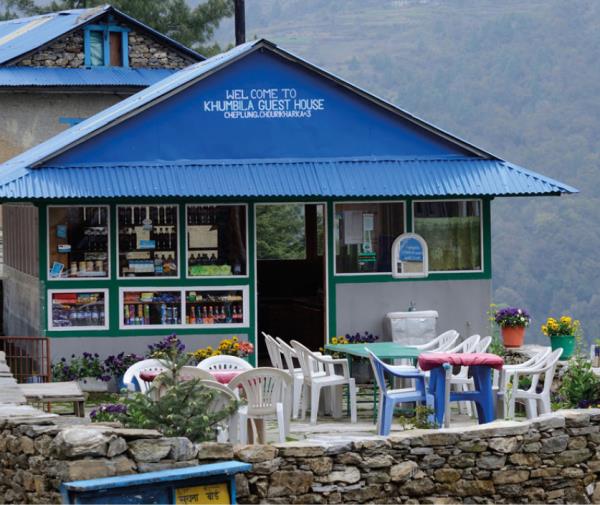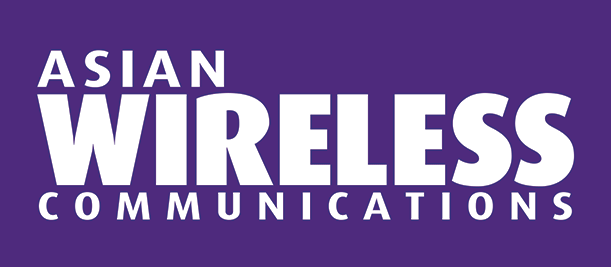04 July 2024

Som Sueh Li, director, sales, enterprise & cloud, Asia, SES
Home to the Mount Everest, the world’s highest altitude above sea level, Nepal offers a wide array of extreme sport activities and culinary options to tourists flocking every year to the country; but when it comes to internet availability, the country is still striving for reaching sky-high performance, particularly in rural areas.
With 79% of the Nepali population living in rural parts of the country, delivering convenient and accessible ATM banking services to remote, rural areas is particularly beneficial for underconnected populations with no access to a reliable internet connectivity at home.
Government efforts for a digitally inclusive Nepal
In 2019, the Nepali government introduced the Digital Nepal Framework as a roadmap to leverage digital technologies to drive economic growth. Under the framework, the government has made it a priority to improve digital connectivity and make internet access a fundamental right for every citizen.
The measures and initiatives from this framework have significantly improved internet and mobile broadband penetration rates in the country. The Nepal Economic Forum reports that digital connectivity has been rising exponentially over the years with over 1.97 million households having internet subscriptions, as of 2022.
Financial inclusion is also at the forefront of government initiatives. The National Payment Gateway is set to enable cashless government-related payments in a timely manner, contributing towards making financial services more accessible to the population.
Five years on, digitisation remains Nepalese government’s top priority, with further initiatives from the Ministry for Communications and Information Technology to bolster digital transformation, with the ICT Exhibition and Digital Championship programs to support startups in IT and innovations.
Satellites bring financial services closer to rural Nepal

Some of the key challenges in connecting remote Nepal include a lack of reliable power supply and inadequate terrestrial infrastructure due to the mountainous geographical terrain, which makes it logistically challenging and costly to build and maintain communications infrastructure.
The lack of internet access means those living in remote, rural areas and other underserved communities are unable to access digital financial services like online banking and digital payment, which facilitates both day-to-day living and business activities for individuals and communities.
Building a reliable ATM network then became an urgent necessity for both residents and tourists with convenient, 24/7 access to their bank accounts and allow them to conduct banking services that cannot be done online from home – from cash withdrawal and deposit to bill payments and fund transfers – without having to visit traditional bank branches. The World Bank reported that the number of ATMs available to the Nepali population falls significantly behind the world average - 20.26 ATMs per 100,000 adults in 2021, compared to 51.89 ATMs per 100,000 adults.
To help close this gap and expand the ATM network in rural Nepal, SES has been delivering fast, reliable and cost-effective connectivity services via NSS-12, a satellite leveraging Ku-band spectrum and operating in geostationary orbit (GEO) to the benefit of a population needing urgently convenient financial services. Combining it to our quick and easily deployable terminals enabling large amounts of data in real-time, we are tapping the most performant, accessible and adequate technology in the sky and on the ground to bring financial services closer to rural Nepal.
Whilst one of Nepal’s common sayings is “Bistare, bistare” (slowly, slowly), alluding to Nepalese culture of slow living, a speedy connectivity technology – both in the performance it delivers and the quickness of deployment – is a vital asset for the daily convenience of isolated populations. Delivering performant and reliable connectivity via satellites to those remote areas needing superior reach is an absolute must for the future of the nation.






